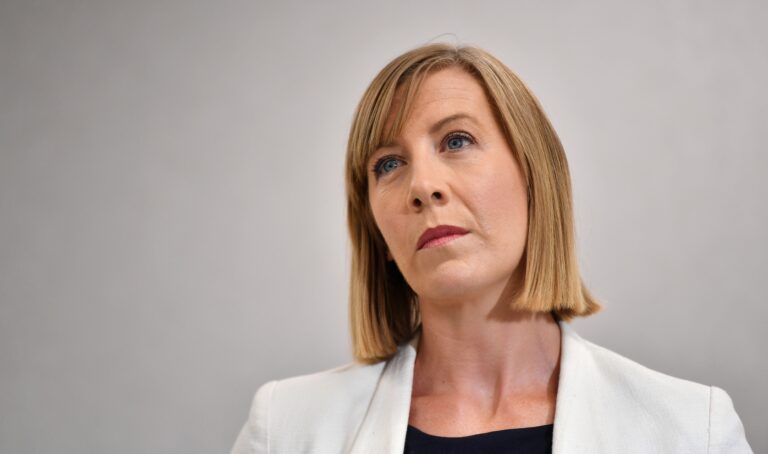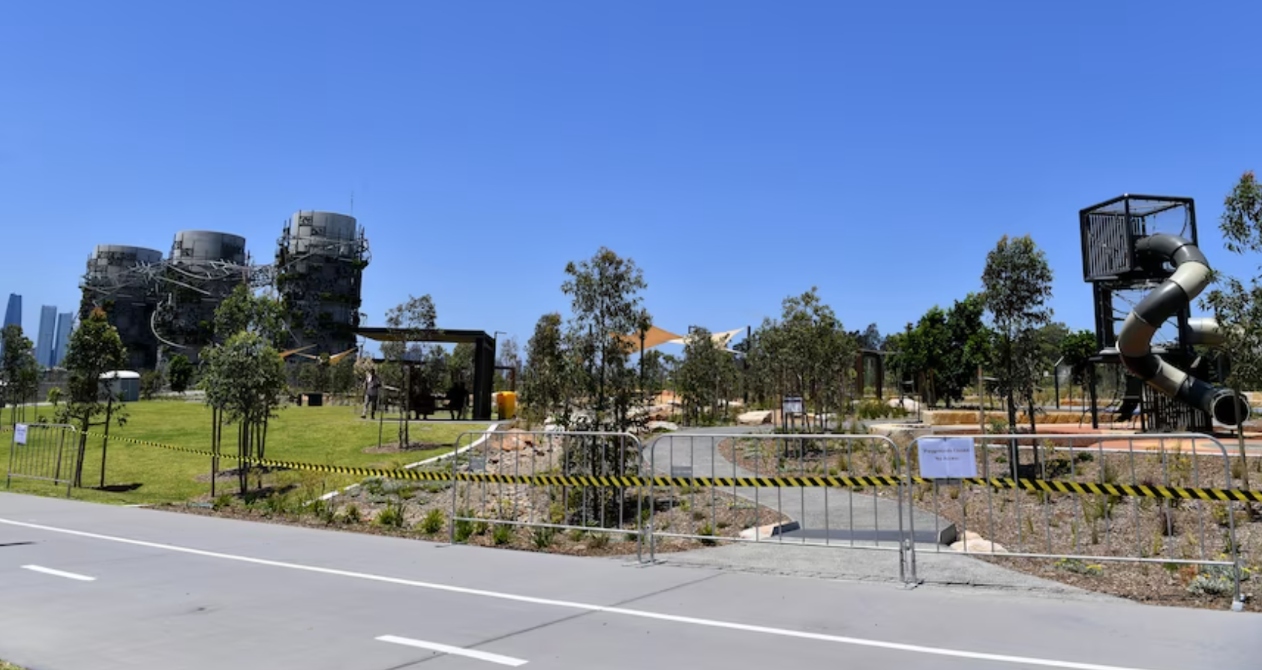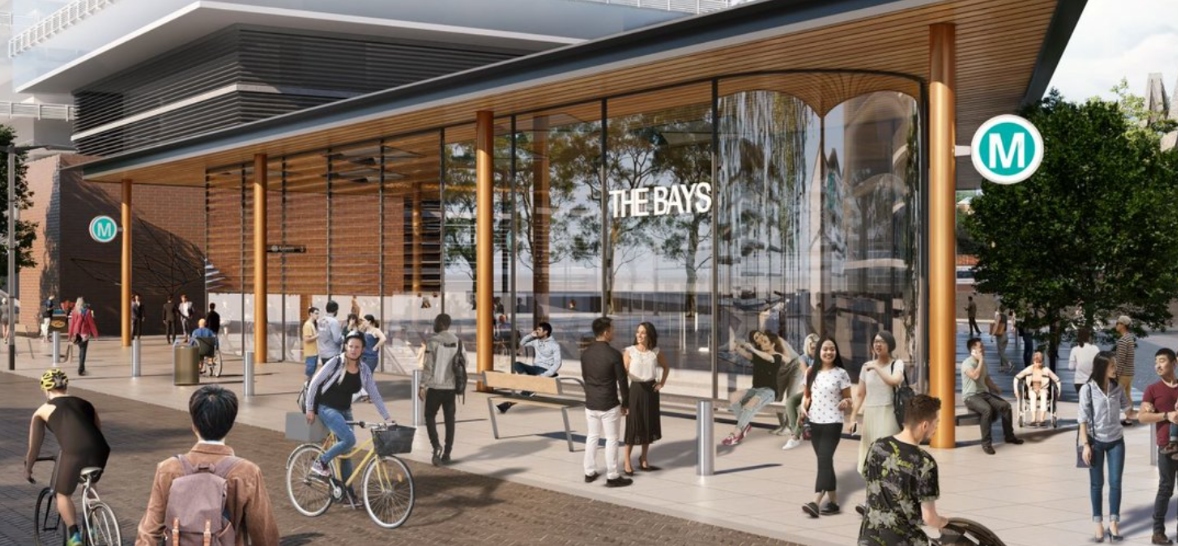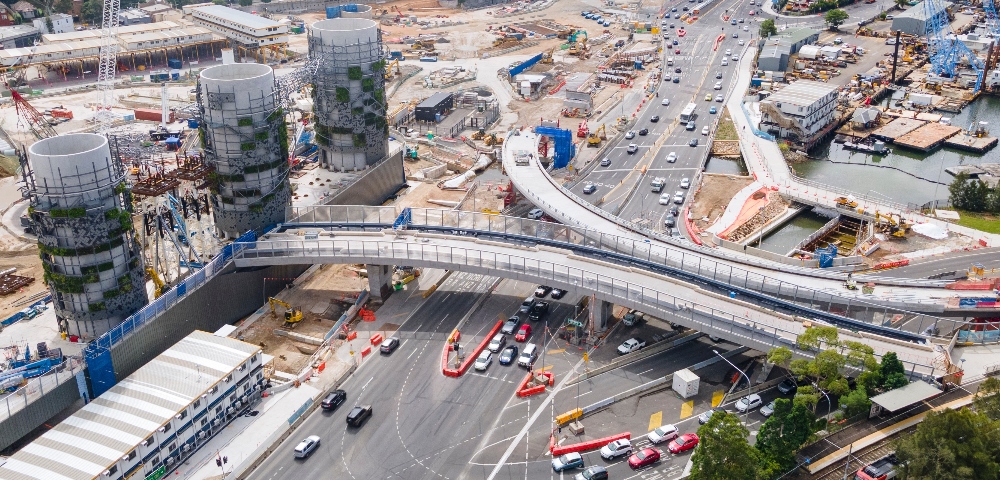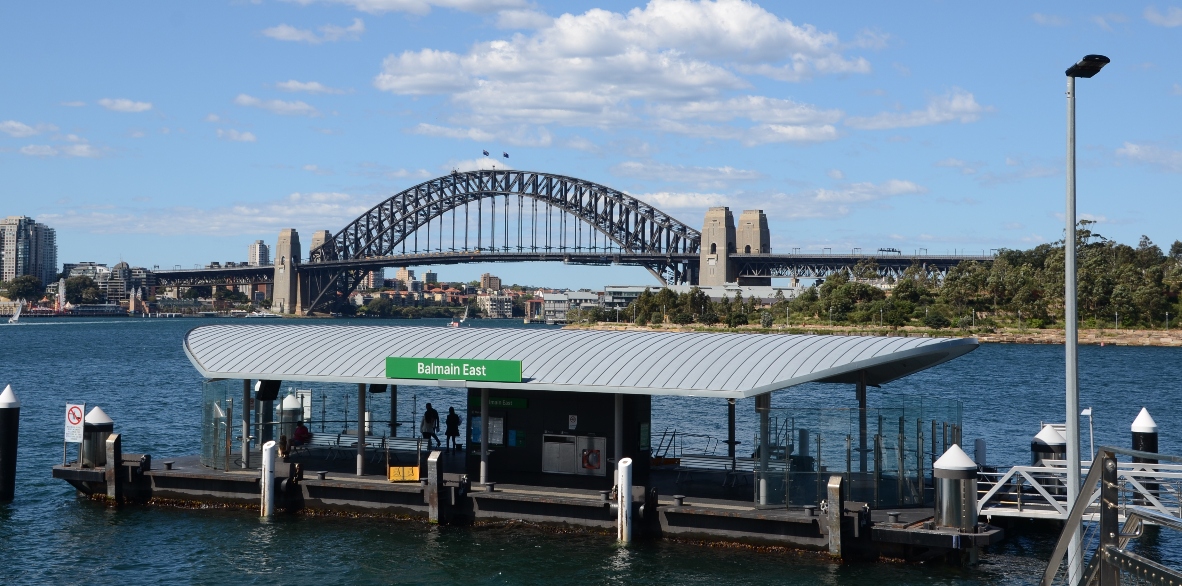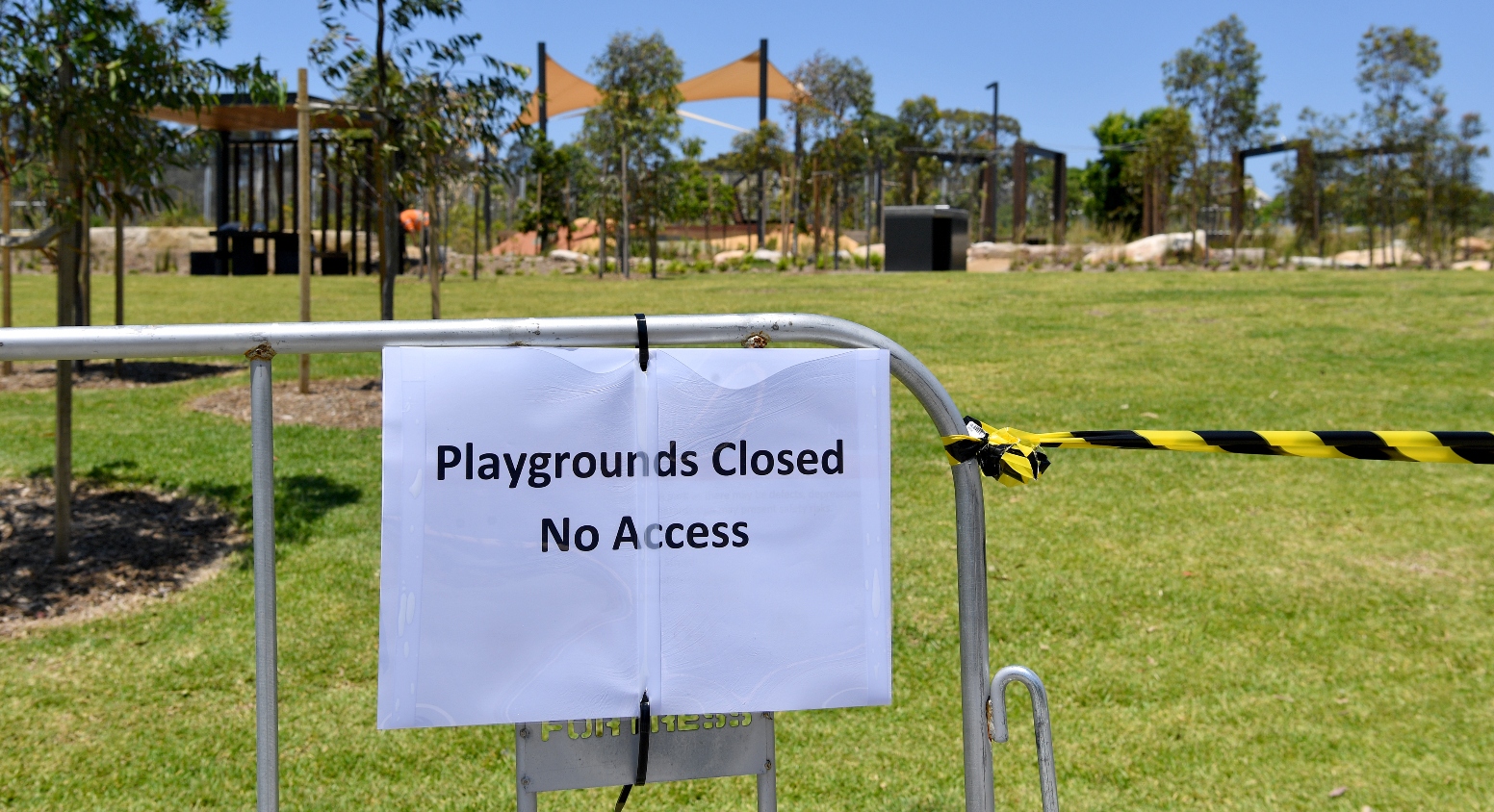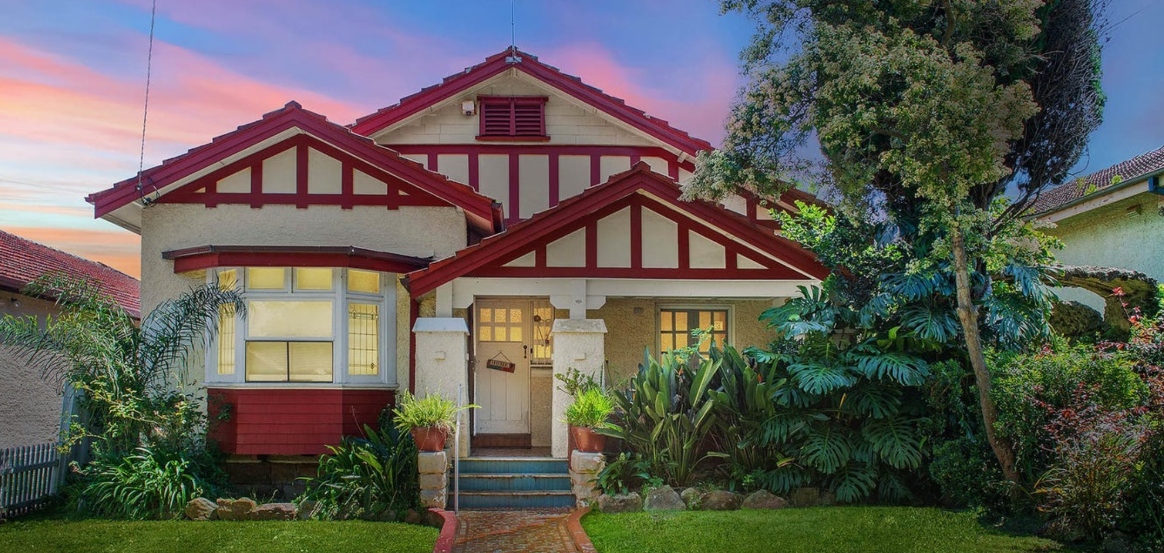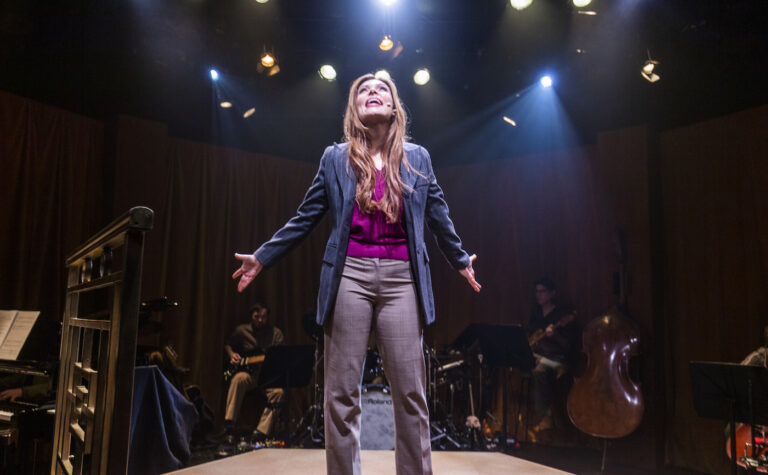
Is sharing really caring?
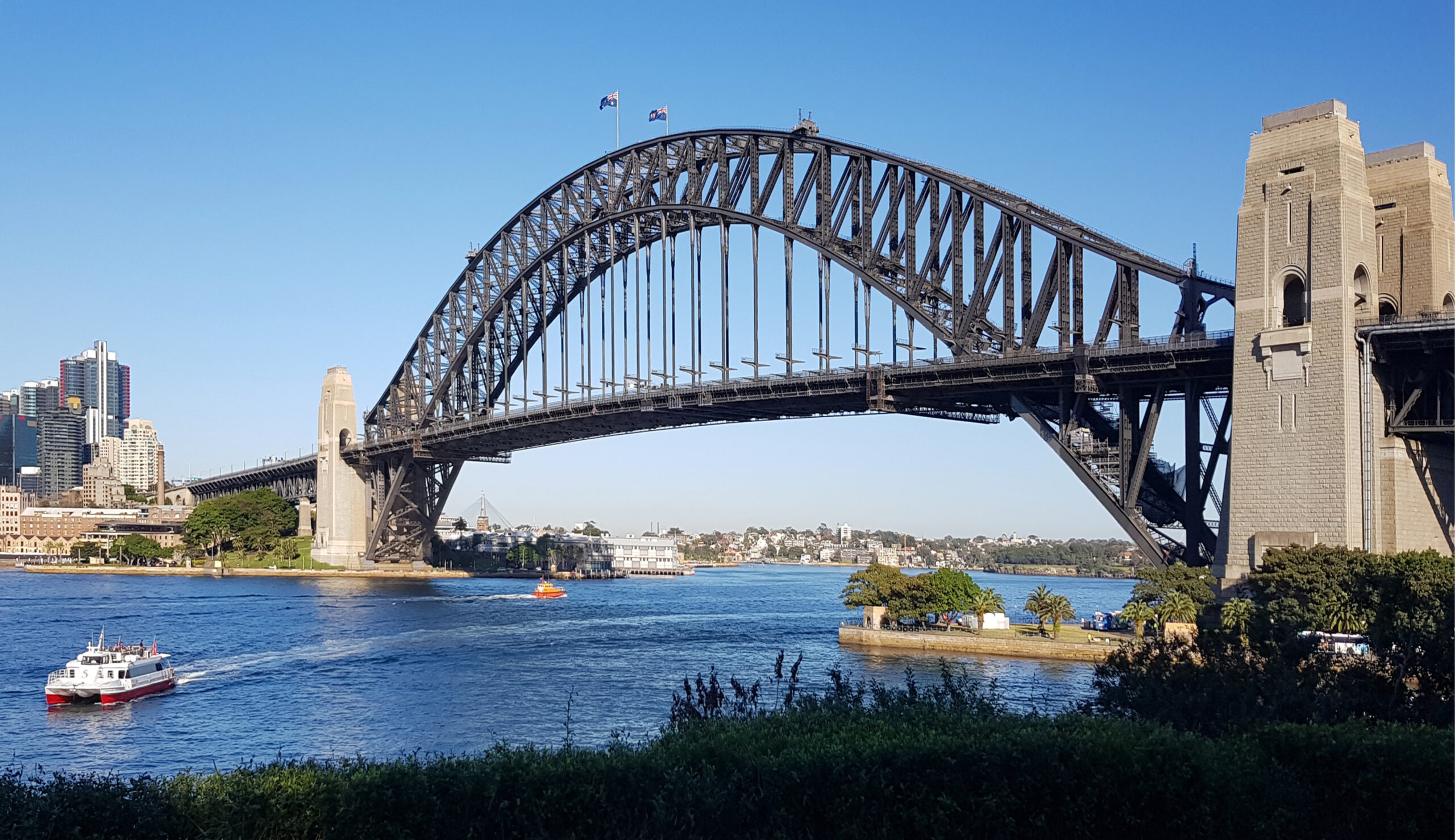
BY ANITA SENARATNA
Sydneysiders are some of the world’s biggest users of online home sharing platform Airbnb, which allows people to offer up their spare rooms and homes for short-term rentals to other users. Areas like Bondi and Paddington have become hotspots for travellers looking for accommodation outside the city but still close to the beaches and tourist attractions.
But the company has faced some backlash in Sydney, where they have been accused of contributing to the city’s already inflated rental prices. There have also been reports of trashed properties and antisocial behaviour from residents living near Airbnb properties.
The NSW government will be conducting a review of existing rental laws later this year. One of the things they’ll be considering is the impact of short-term rental services like Airbnb and Stayz on the housing market.
According to Airbnb, their business model not only gives travellers more accommodation choices, but it contributes to the local economy by providing landlords with extra disposable income and bringing in more tourists. On average, Airbnb landlords in Australia earn around $4,800 a year.
“People have overwhelmingly voted with their feet and embraced home sharing. Our community is growing because people to experience a more authentic, sustainable and affordable form of travel,” said Airbnb’s Head of Public Policy, Brent Thomas.
Sydney is currently the fourth most popular Airbnb destination in the world. According to Inside Airbnb, an interactive data map that scrapes and analyses Airbnb’s listings, there are over 24,000 listings in Sydney alone.
Although 75 per cent of the listings are outside the city, there are still high concentrations around the CBD, eastern suburbs and Parramatta.
“The biggest winners are the everyday people and small businesses that rely on Airbnb as their economic lifeline,” said Mr. Thomas.
“Already, our community contributes more than $1.6 billion into the national economy and creates 14,000 local jobs, with Airbnb guests staying longer, spending more and staying outside traditional tourist areas. Importantly, Airbnb spreads the benefits of the tourism boom to the place, businesses and places that have traditionally missed out.”
Dr. Somwrita Sarkar is a researcher at the University of Sydney’s Urban housing lab which conducts research into housing affordability in Australia. According to Dr. Sarkar, Airbnb’s claims are “the good part of the story, but that’s not the whole story.”
“In the data what we can see is that properties are actually marked by entire home listings versus shared or private room listings,” she said.
Inside Airbnb data shows over 60 per cent of listings in Sydney are for entire homes, while 38 per cent are for rooms.
“There are two possibilities, one is that residents are happy to share their houses and that’s not a problem. But what could also be happening is that local residents could be actually losing out to tourists,” said. Dr. Sankar.
But Airbnb users aren’t always ‘everyday people’. The data also shows a high proportion of landlords with multiple properties listed. A search for the Randwick, Waverley and Woollahra local government areas showed almost a third of landlords in the area had multiple listings of entire homes on Airbnb, which would seem to point to users managing these properties as more than just extra income.
“If it’s a shared or private room, obviously you are making that dormant space available to others. But if you’re letting out entire homes, that’s clearly an indication that someone owns that property and they don’t live there,” said Dr. Sankar.
“Say you’re an investor and you own a property in Bondi. If you were to rent it out to a local resident then they stay there long-term. But say you were looking for tourists or short-term residents, your returns could be much higher. So that one property goes out of the local rental market and into the tourist market.”
Neighbours Not Strangers is a NSW-based community group who believe that mixing short term rentals with longer-term residents, particularly in apartment buildings, is “fundamentally incompatible.”
Group convenor Trish Burt says the term “sharing economy”, which is how Airbnb describe their business model, is misleading.
“There’s nothing sharing about it,” she said. “Instead of flat sharing or house sharing, they’re actually converting that space into a service department or they’re turning it into a hotel. They don’t want to share because they’re not getting as much money as they can get out of short-term rentals. So for us, the sharing economy is first and foremost, a misnomer.”
The group also has concerns about the safety of the guests, as Airbnb properties are not subject to building codes or industry standards for commercial accommodation like hotels, particularly with regards to fire safety.
“When people go into housing, we owe it to them to ensure that they’re being accommodated in the most safe environment possible,” said Ms. Burt. “If it wasn’t an issue nobody would complain, but there are the same issues around the globe.
“In NSW we’ve got excellent legislation, I’d call it world’s best. Our legislators must now step forward and enforce our world’s best legislation.”
Dr. Sankar said short-term letting services like Airbnb could be beneficial to an extent, in terms of their contributions to tourism and the economy. However, they do need to be regulated carefully to ensure the best outcome for everyone.
“If you’re a young person growing up in Sydney it’s just incredibly hard to have a good place to live, a place to call home,” she said.
“Obviously because Sydney is a tourist destination, it should project itself as a city that’s friendly to tourists, but at the same time if the local life gets completely disrupted….I think policy needs to not just look at the economics part of it, but ensure that everybody has a good living experience.”
